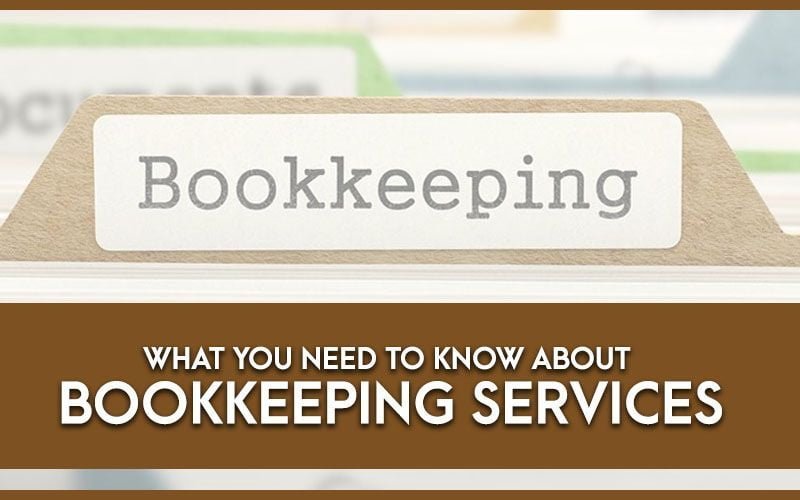Many small and mid-size businesses want to expand their business but do not understand the fundamental needs. One of those things is bookkeeping; if carried out in the wrong manner could hamper the entire company.
Many owners think of bookkeeping and accounting as a simple thing. They do not give much importance to it. Therefore, they do not feel the need to get an expert’s services, and they try to do it themselves. It is where the trouble begins. Lack of proper knowledge of accounting leads them to make errors.
These mistakes can prove costly for the business. It can also pile up extra charges in taxes that you can avoid if you have a professional bookkeeping service. So, a small enterprise must have a bookkeeper to avoid getting into any financial trouble.
In this writing piece, we will shed light on some of the common bookkeeping mistakes you have to avoid.
-
Don’t Do It Yourself
Managing company funds can be challenging, but you don’t need to be the one that does it. Especially if you do not have substantial knowledge and background in tax and finance, it is better to leave it to professionals. Hiring someone fluent and proficient in this skill is a smart move. A specialist can help find the errors that you cannot afford to miss.
-
Find A Specialist
Saving money can be a good idea for the company. However, being extra frugal sometimes costs you. It is said, “You get what you paid for.” What it means is to find a capable and professional bookkeeper for your company. Don’t waste your money and time on hiring incompetent staff.
-
Failure to Record Minor Purchases
Even the most careful business proprietors forget to save receipts relating to business practice. It is not that big of a deal if you do not have a receipt for the pizza you ordered. However, good bookkeeping services make sure these small receipts can come in handy and be added to the finances.
-
Failing to Back up Your Data
Do not just rely on digital backup or cloud hosting to keep your data safe. Make sure your bookkeeper has two or more extra copies of financial records. One should be on the cloud. The other backup should be on the desktop or home hard drive or perhaps in hard copy.
-
Not Reporting Sales and Payroll Accurately
As previously cited, the IRS has slight tolerance for any mistake. If you cannot show your sales correctly or payroll amount, you have to pay hefty fines. It is a decent idea to leave the paperwork to an expert who can single-check or triple-check it before sending it to the IRS.
-
Failing to Evaluate Books yourself
While it’s a smart idea to delegate your accounting needs to a skilled individual, it isn’t essentially a bright idea to give them open access to company accounts. You must maintain a check and balance system. Many businesses prefer their relatives and close family members with low accounting experience.
Such a thing could damage your company’s reputation and could even scam you. Had the owner kept checking the system and keeping themselves updated, they could have caught these issues in the early stages.
-
Not staying up to date
The starting years of a new business are tremendously overwhelming. If you fail to keep your bookkeeping practice up to date to the current rules, you could make things worse.
If your books are not doing well and your business is thriving, that’s a definite sign you need to bring a new hand to the work. You can catch costly mistakes speedily, and your company operations will be more resourceful than before.
-
Lack of Communication
Successful and coordinated communication is instrumental in any business success. Having proper communication between the bookkeeper and other company employees is of paramount significance. You have to keep your bookkeeper updated on all the progress and changes in the corporation.
-
Improper Classification of Employees
Always classify employees and contractors separately. Proper classification can save from overpayment in taxes and assist you in inappropriate tax planning. It can also help you avoid misfiling.
The Takeaway
These expensive bookkeeping errors can affect anyone, and some of them will impact your business at some point. Get the information, make a plan accordingly, and keep looking at warning signs. You can prepare a strategy to tackle these glitches with the right decisions.





